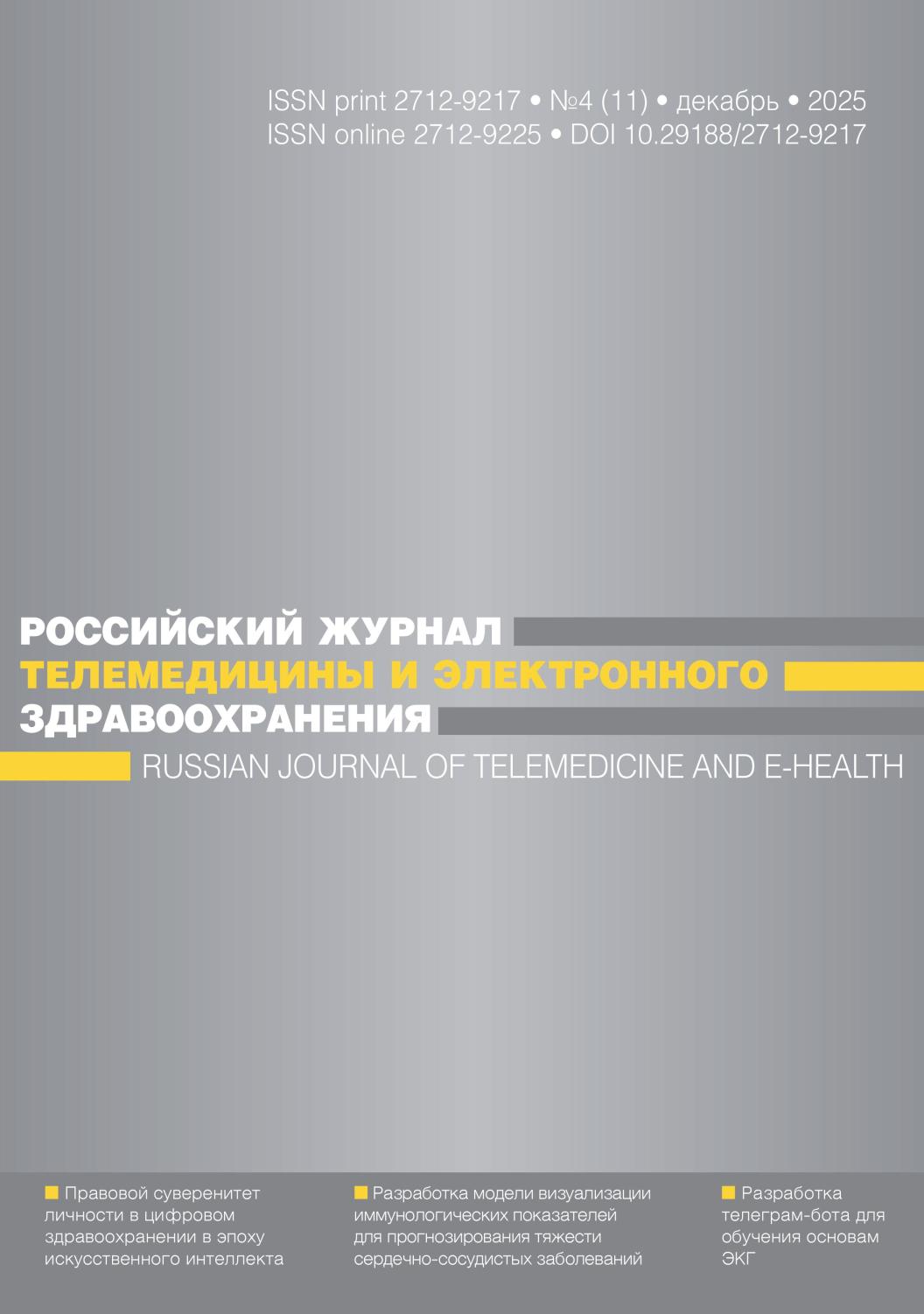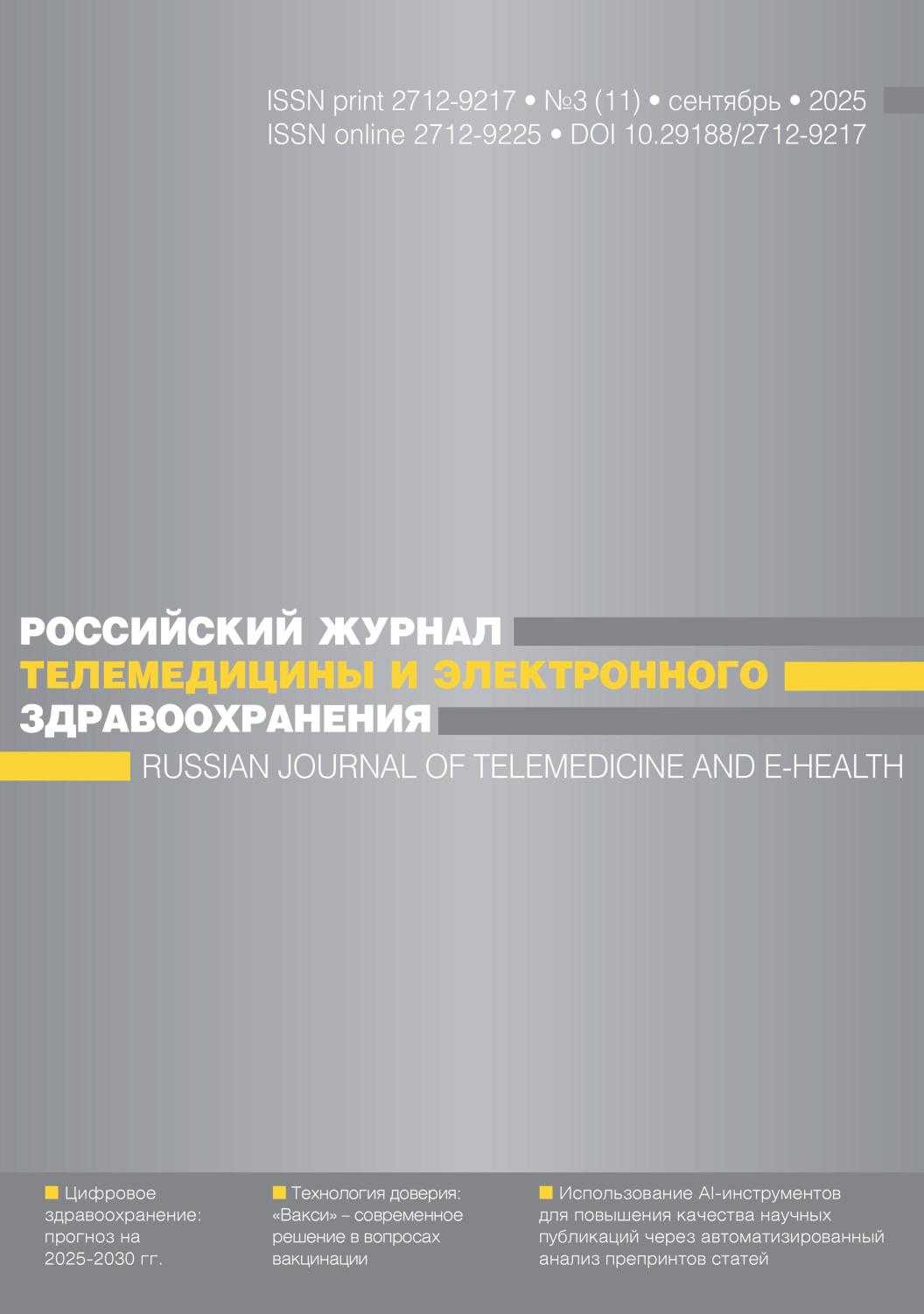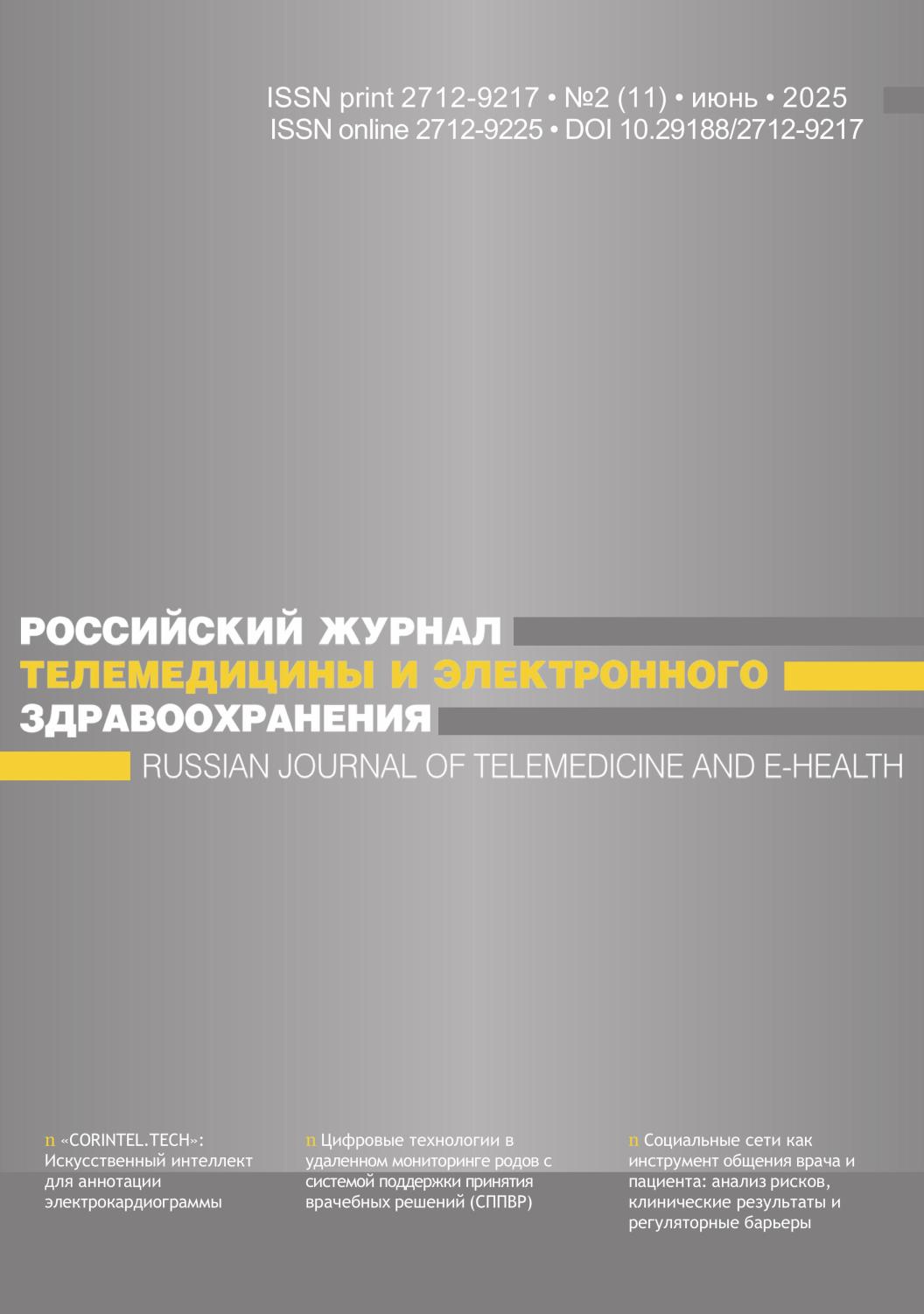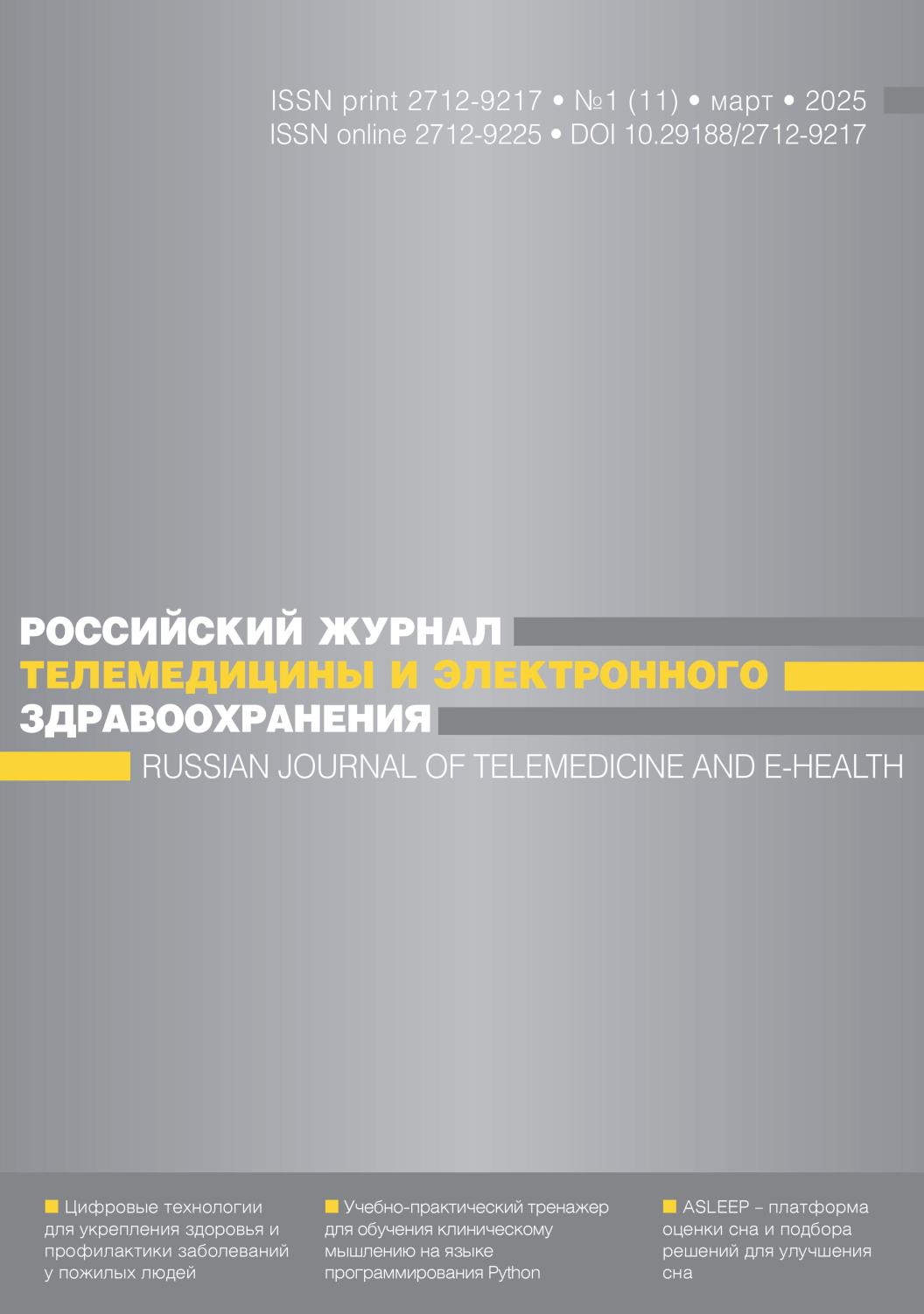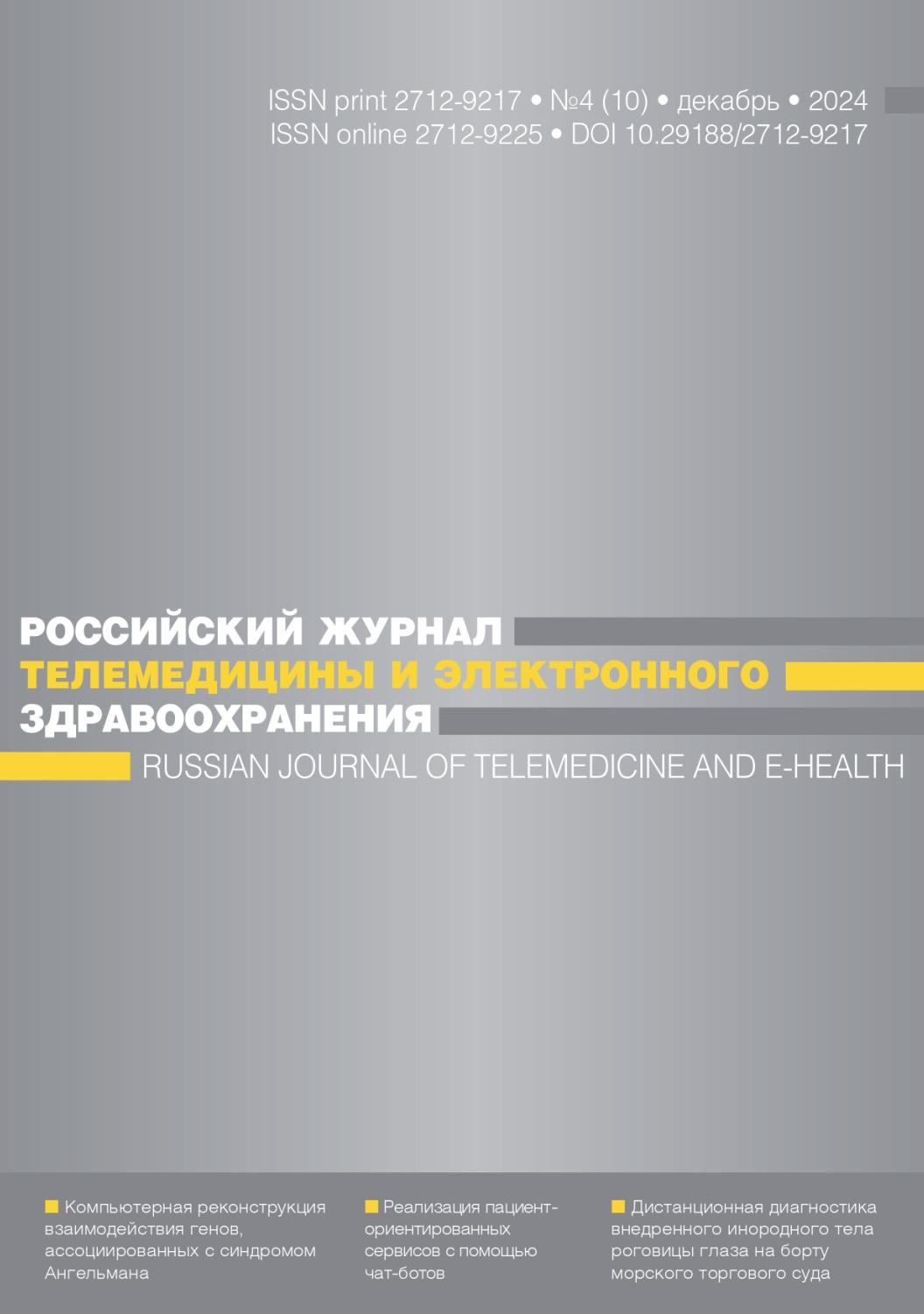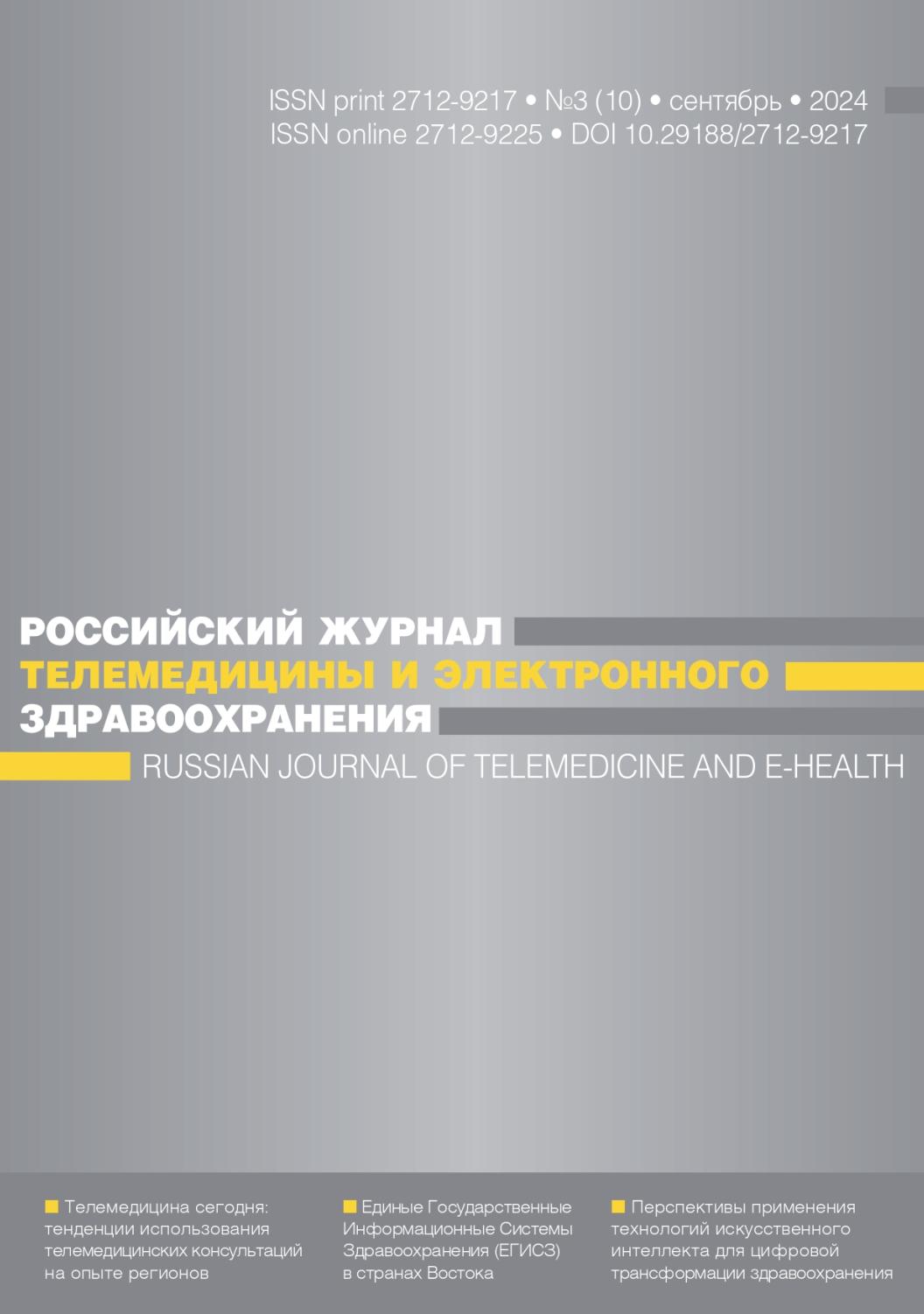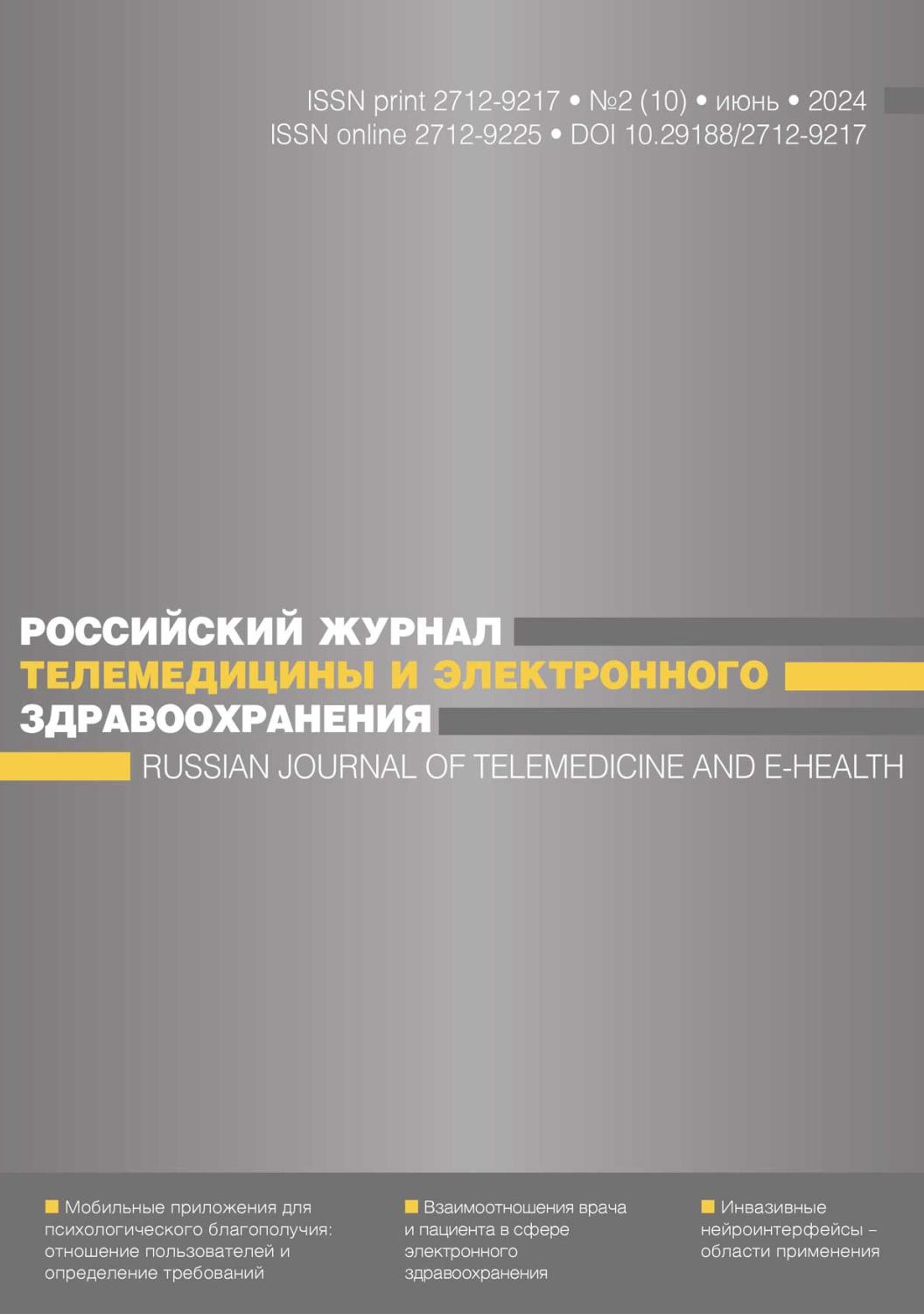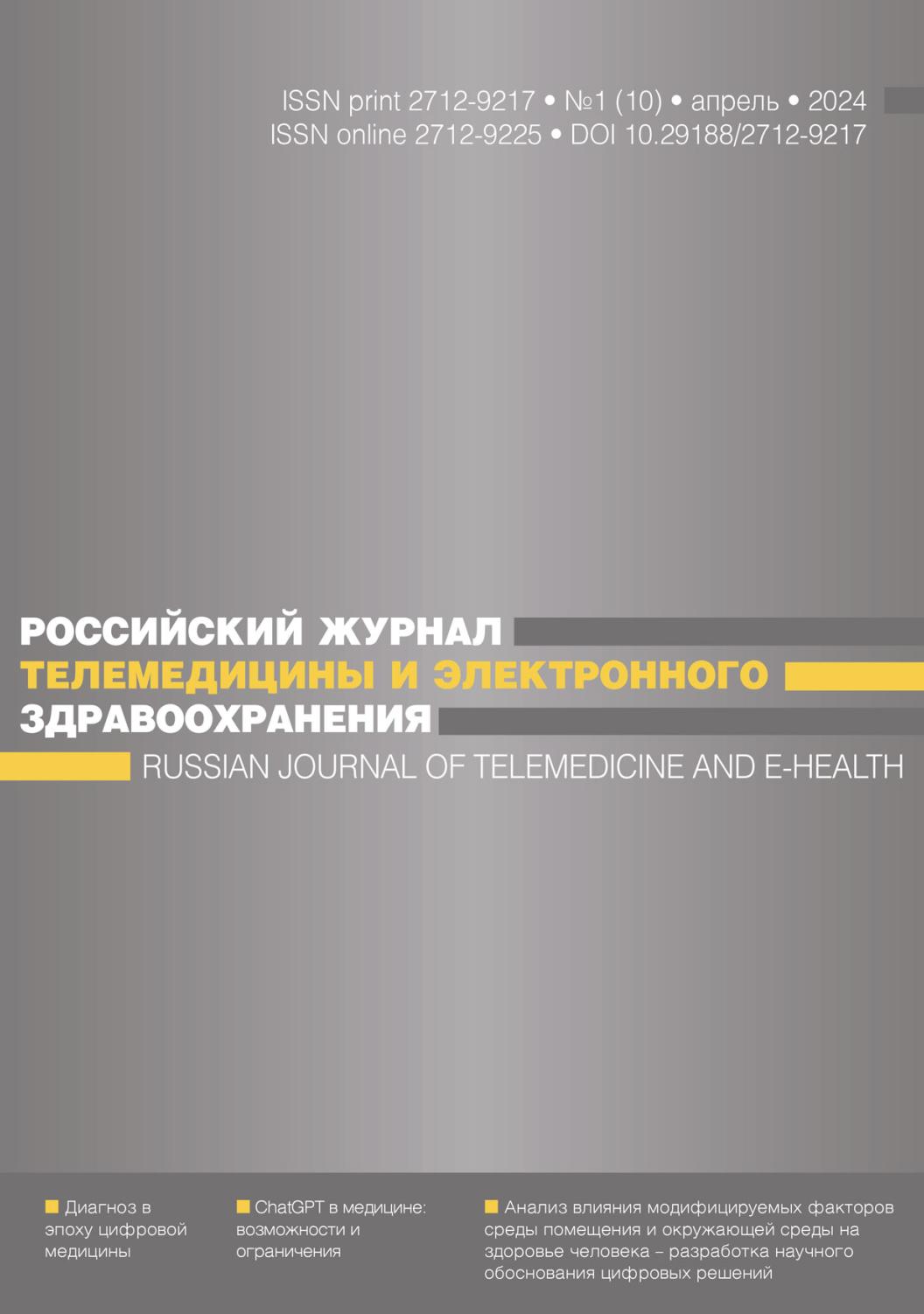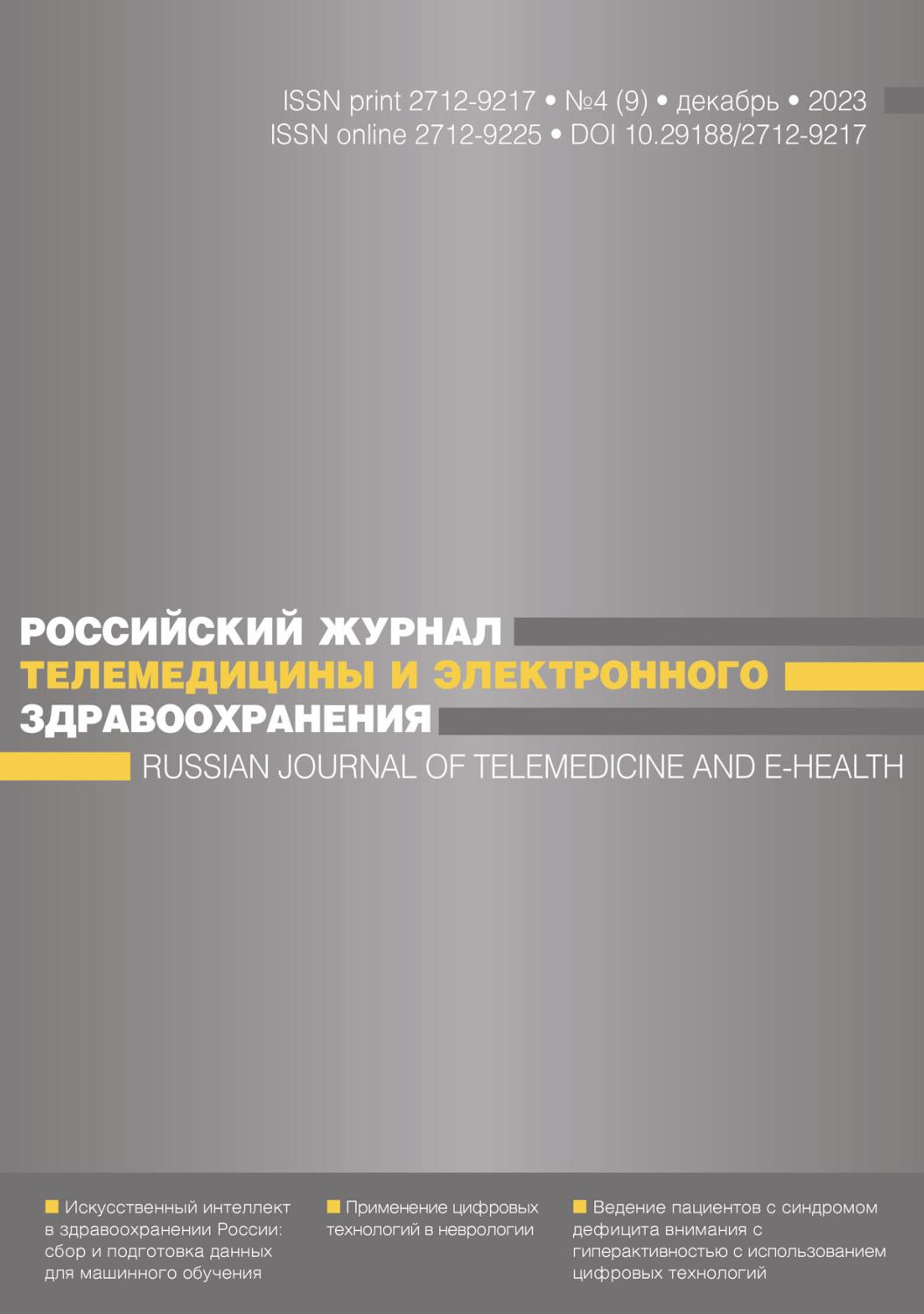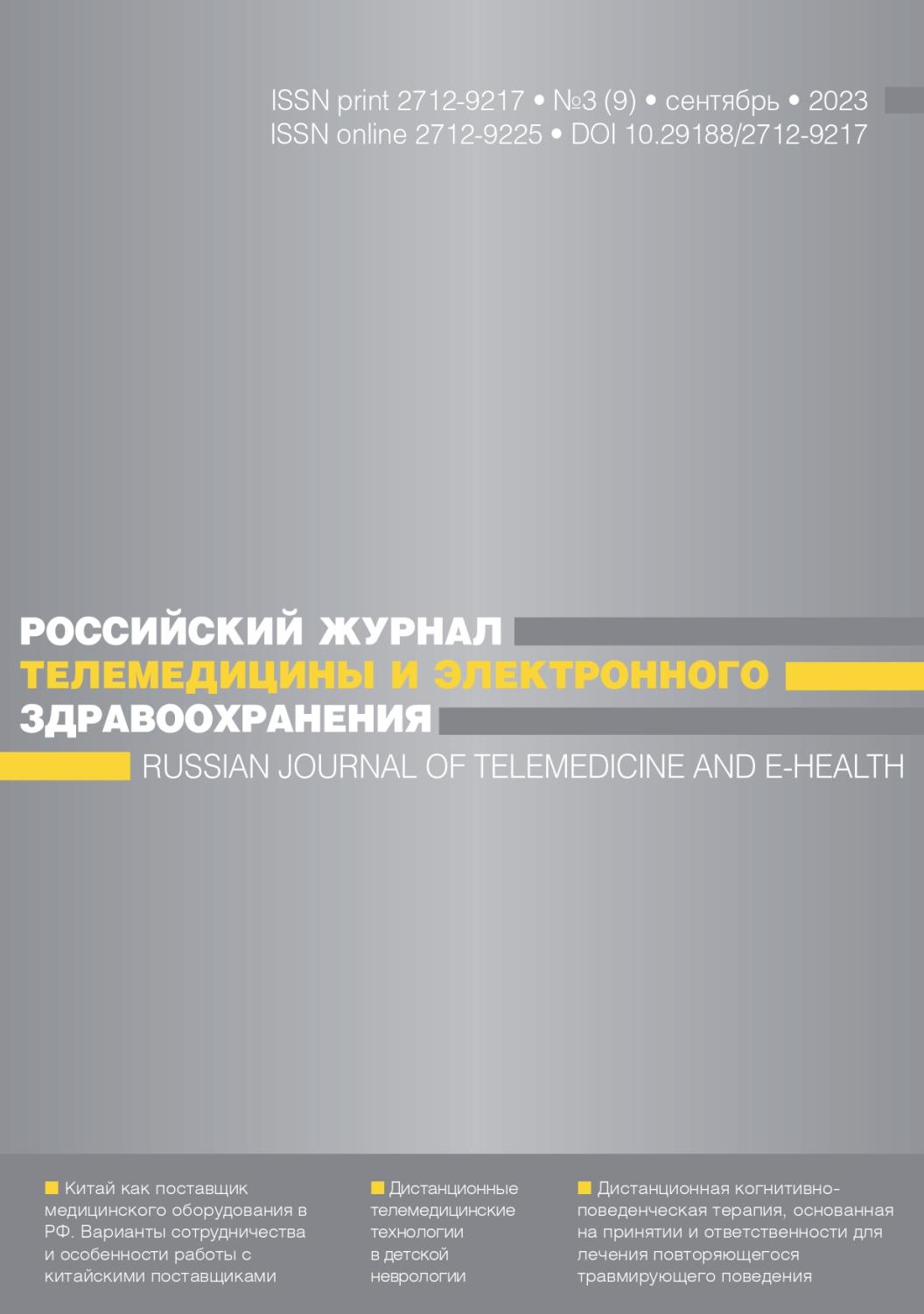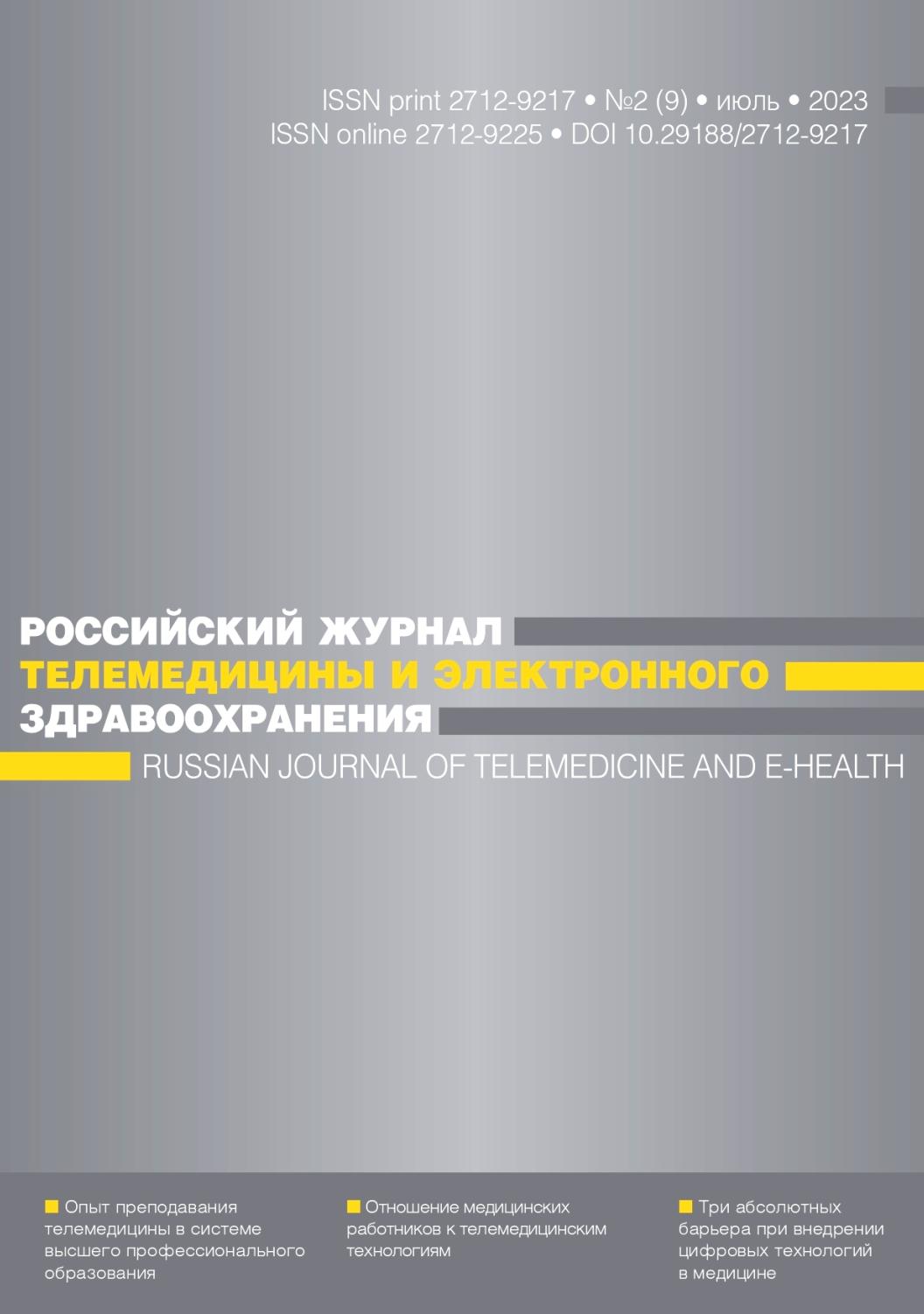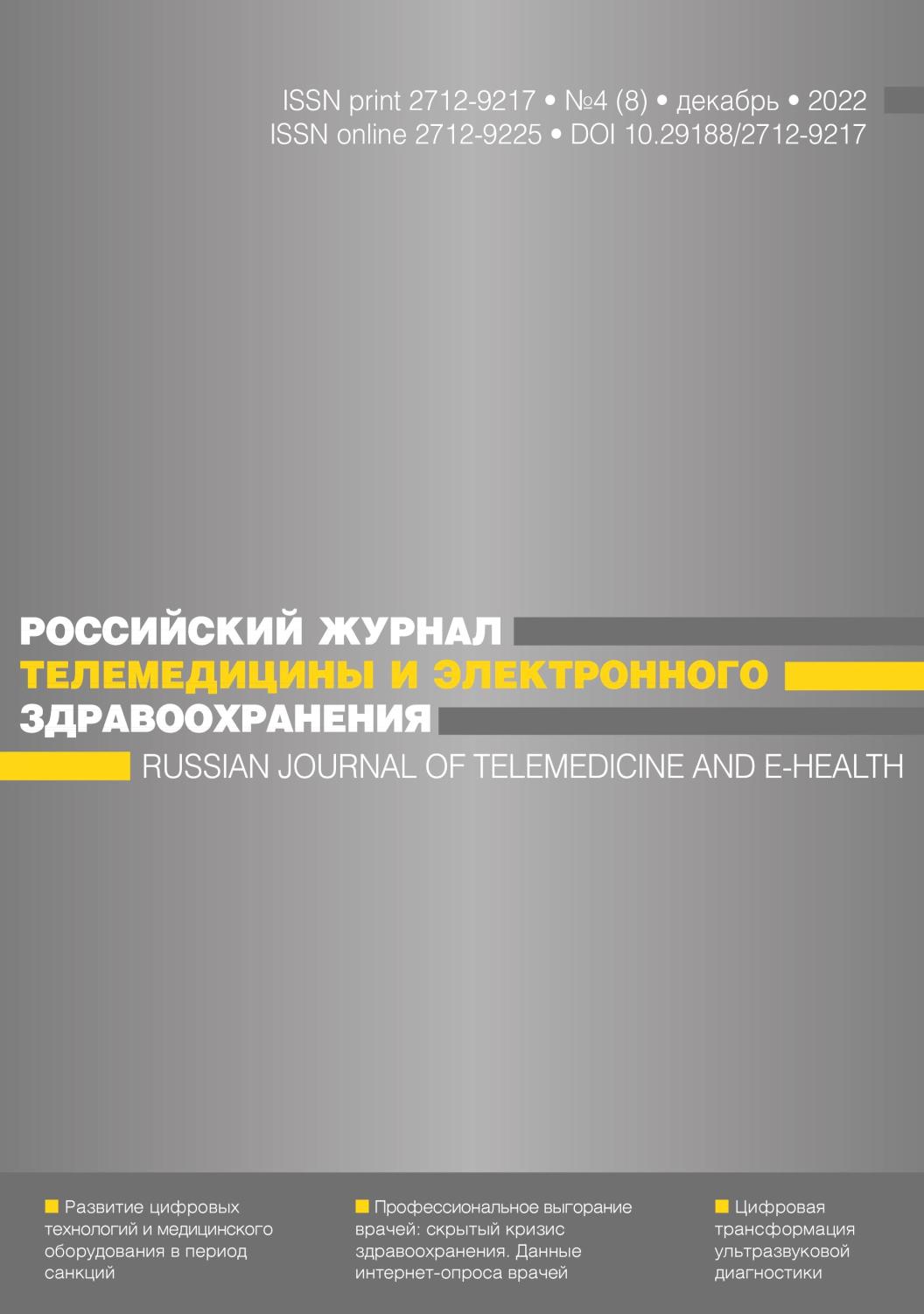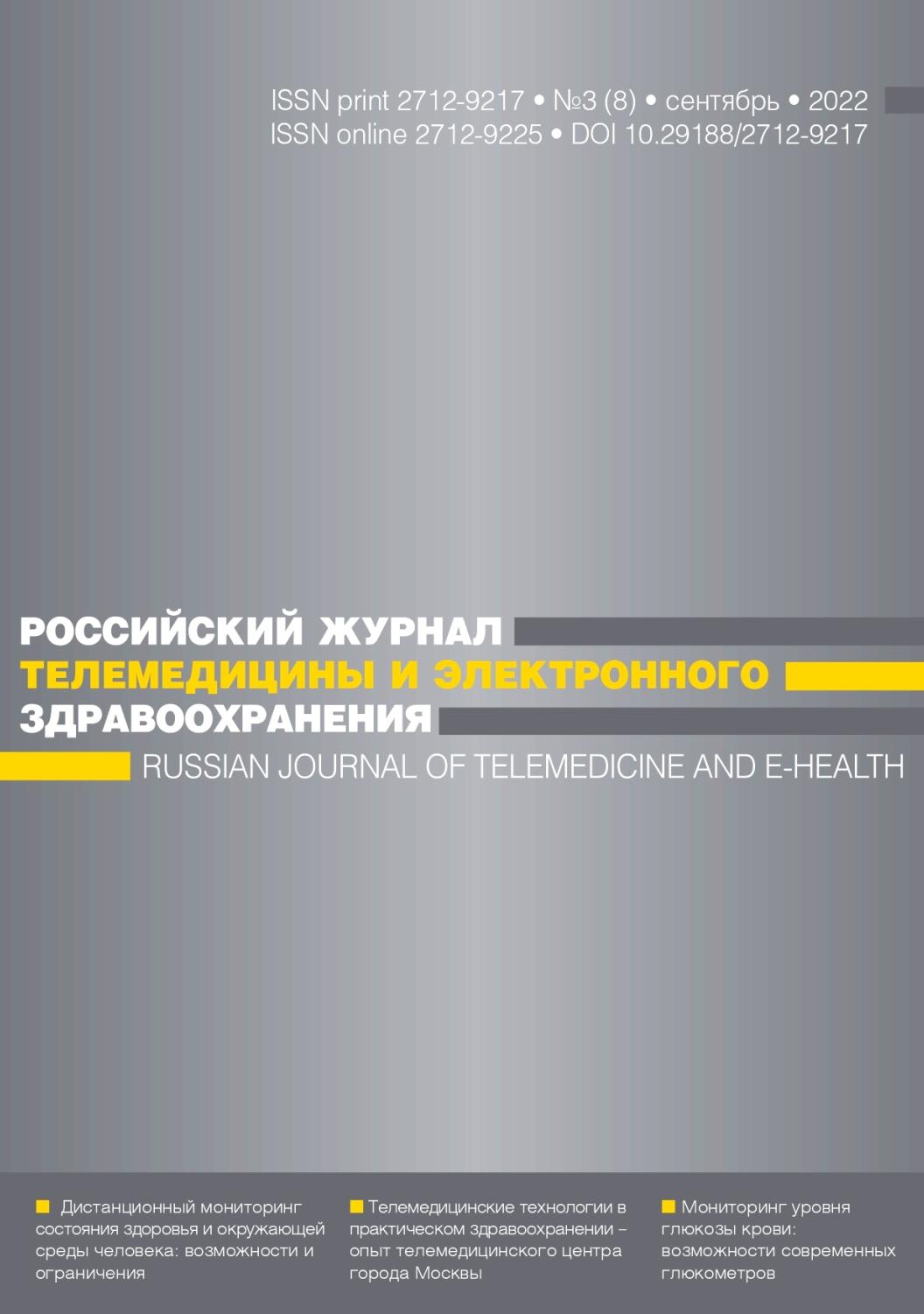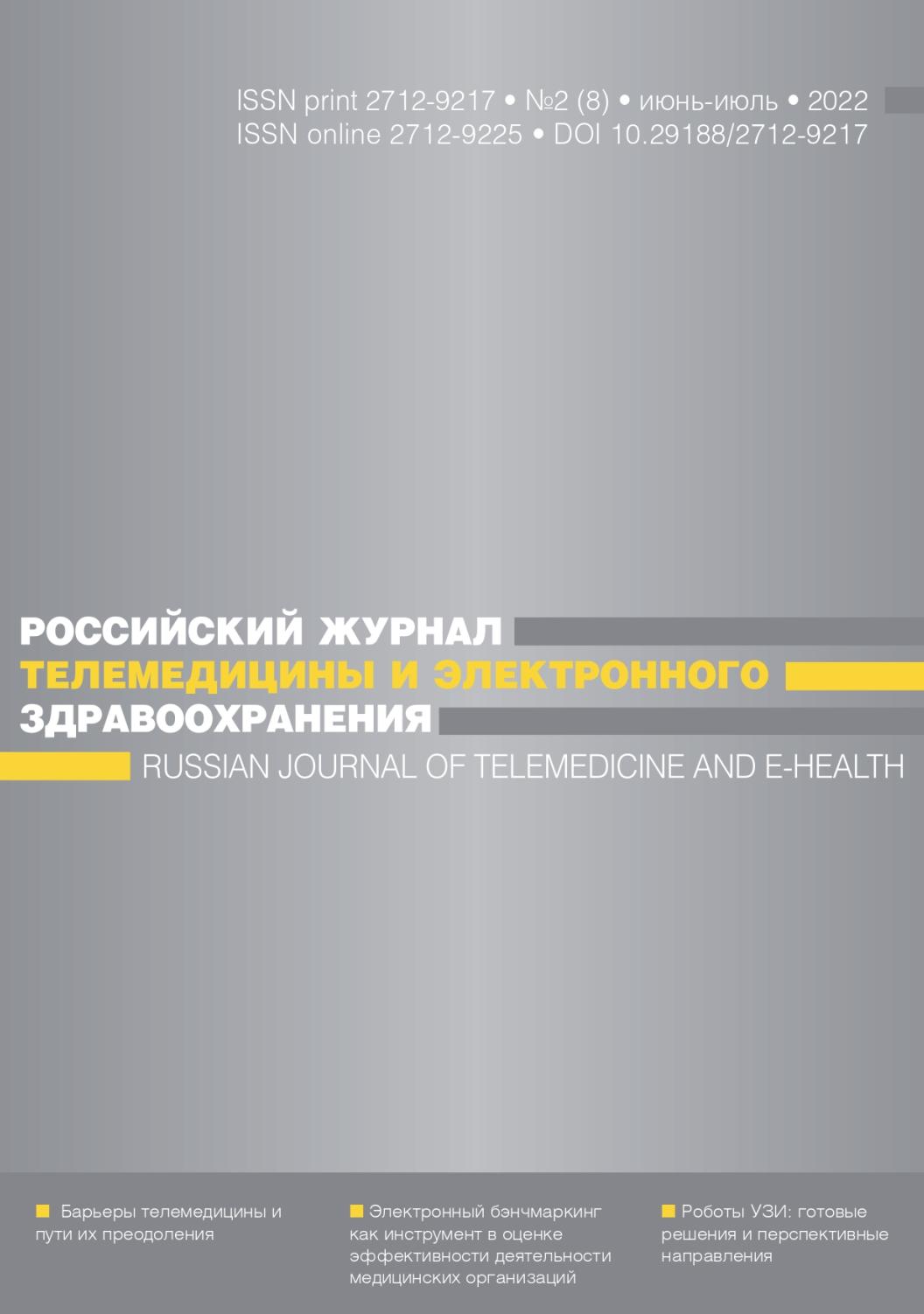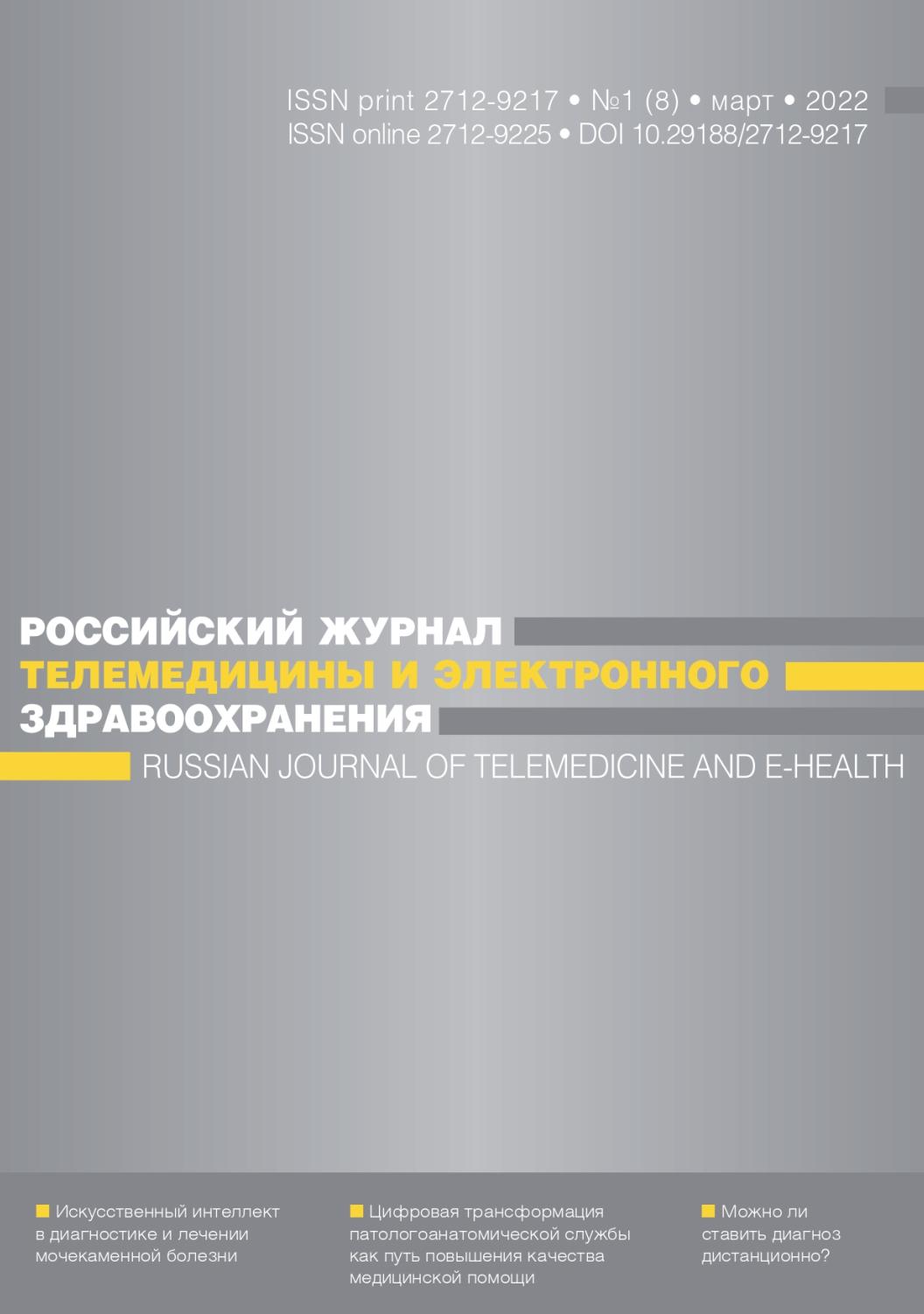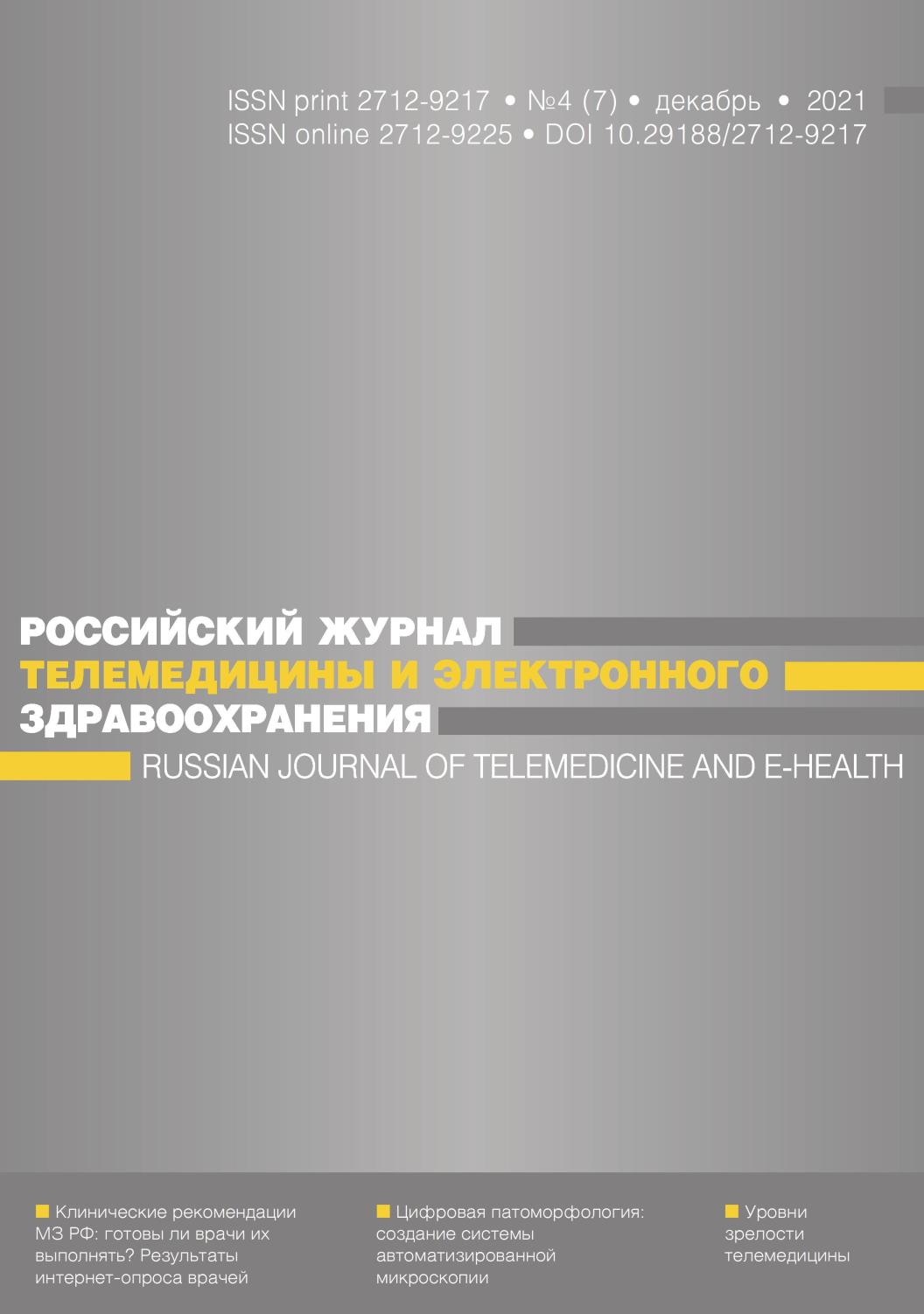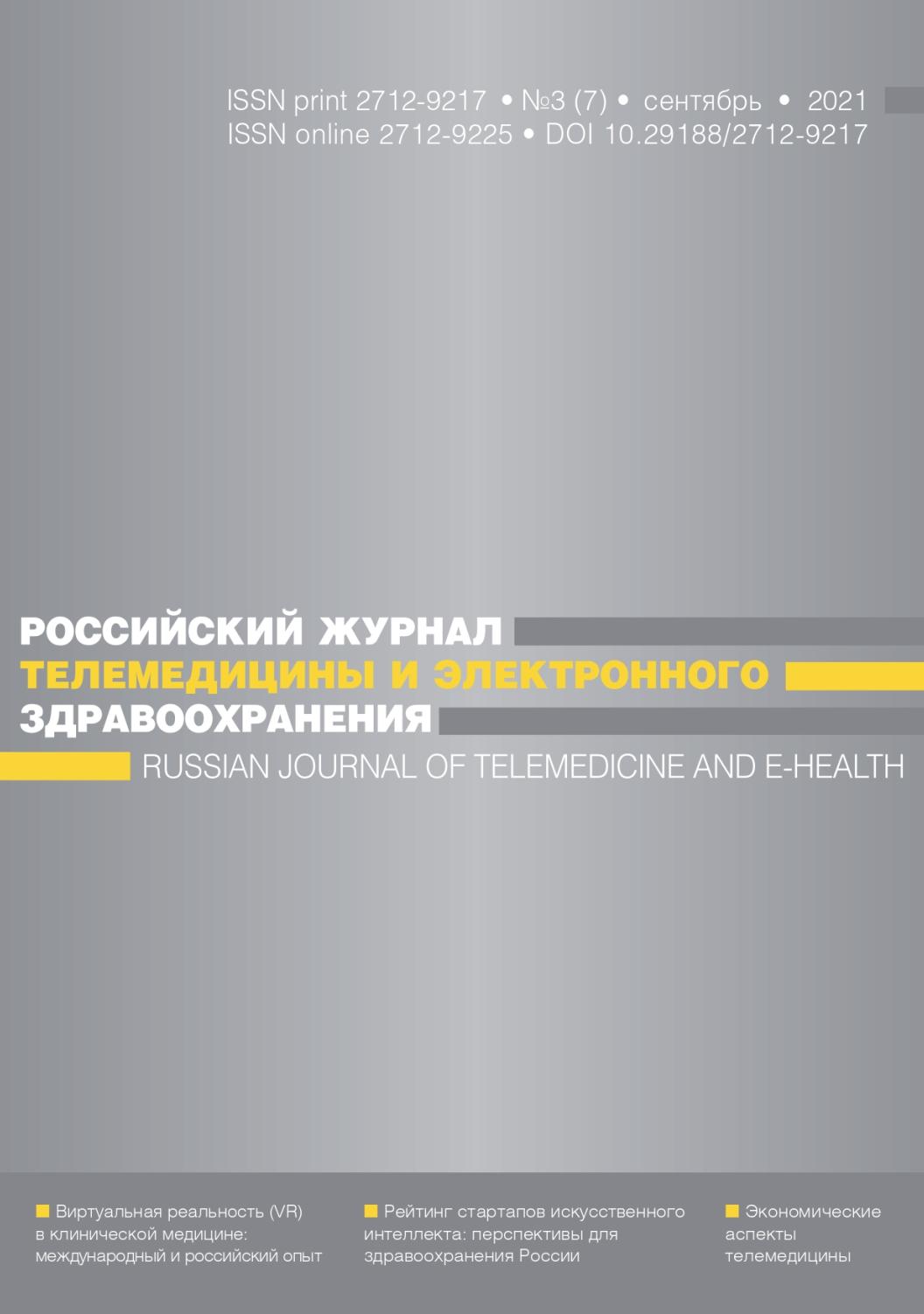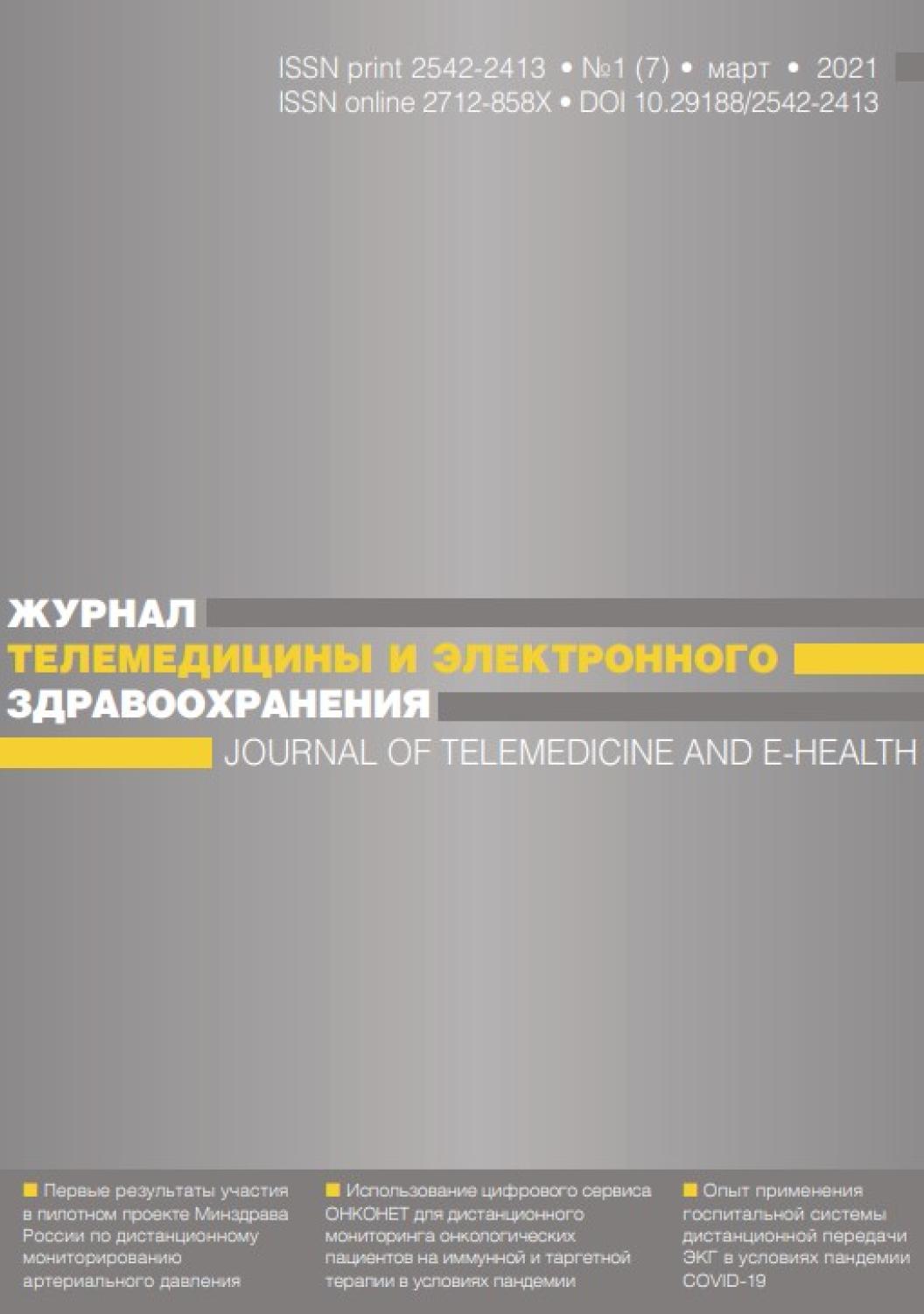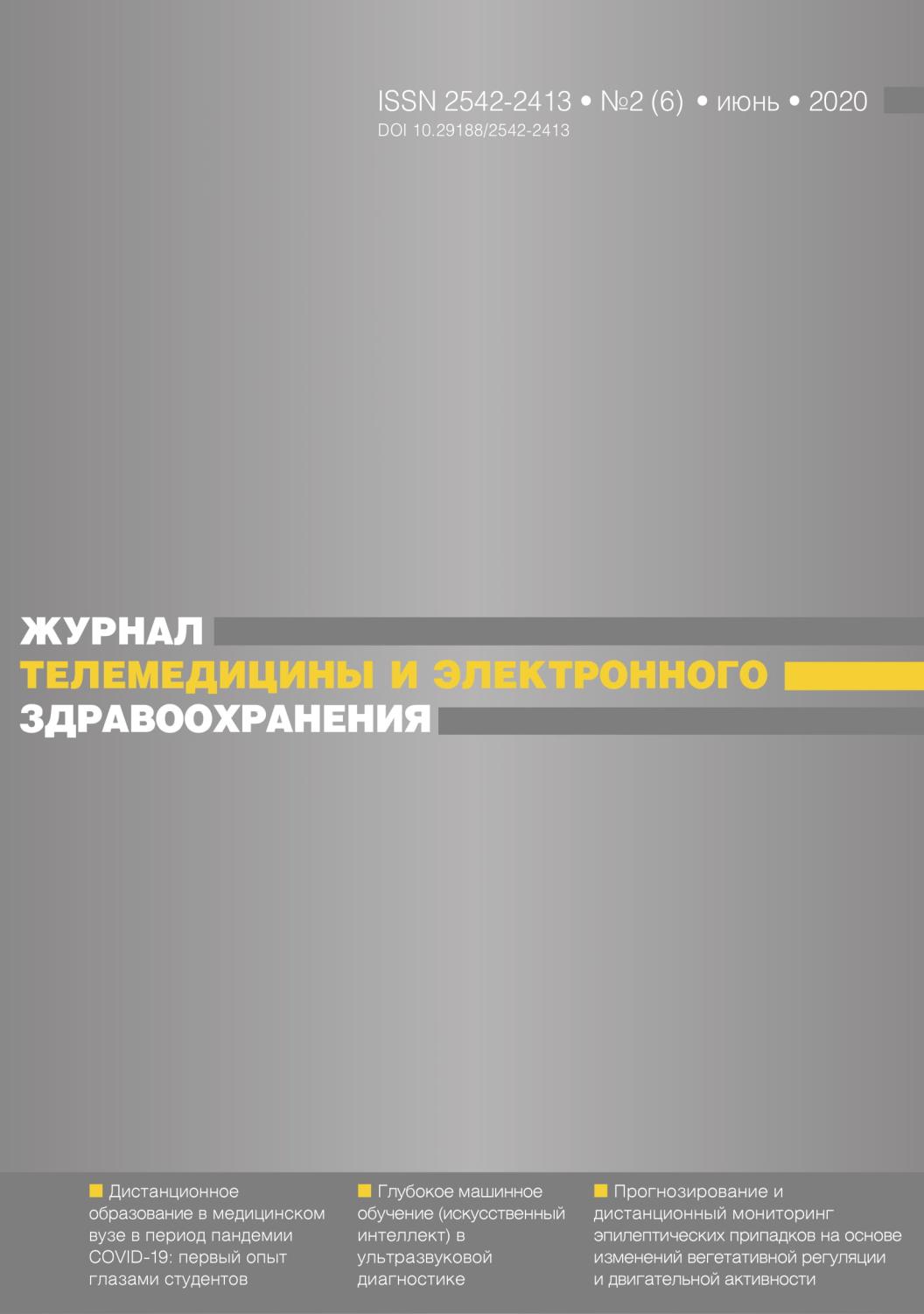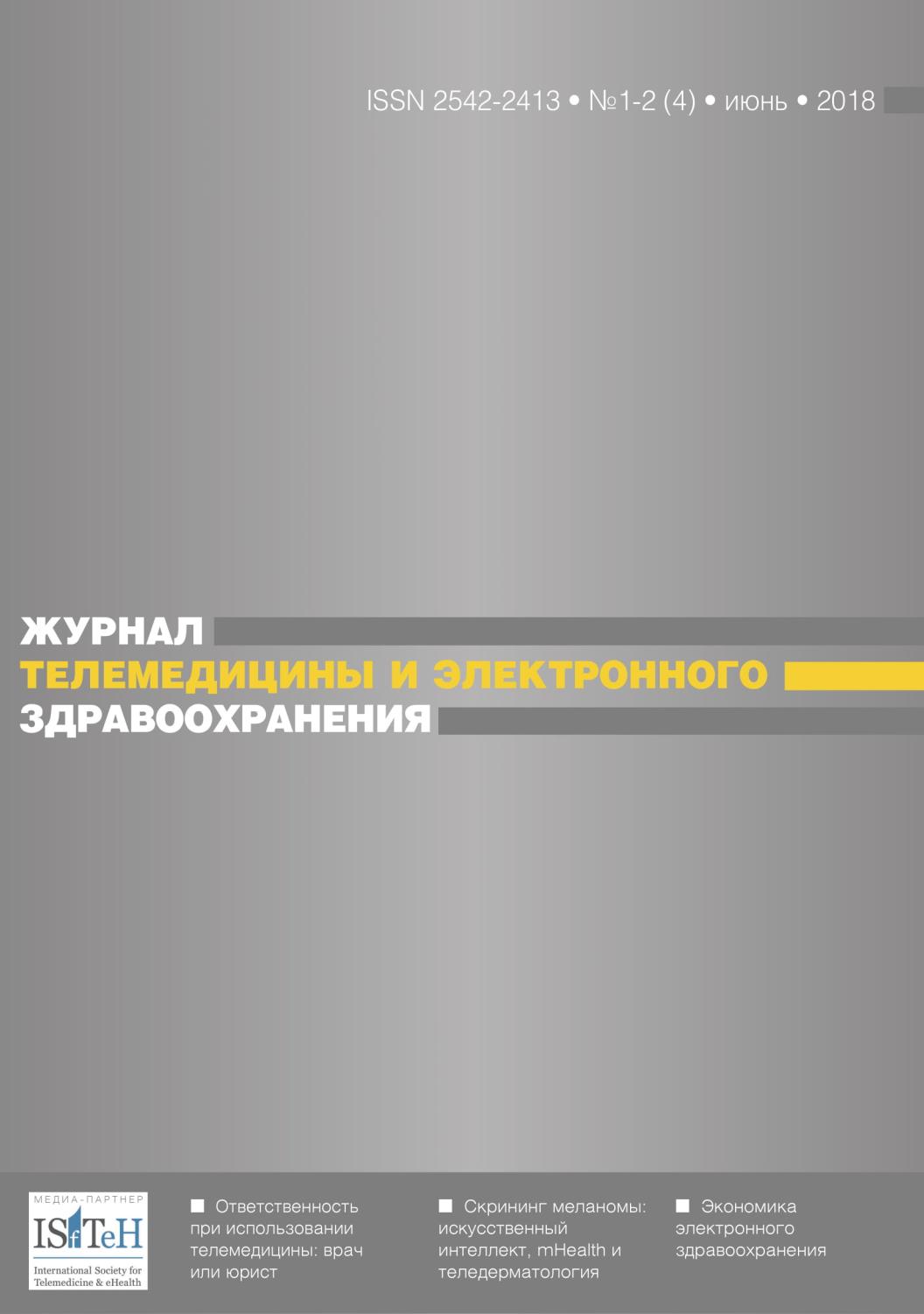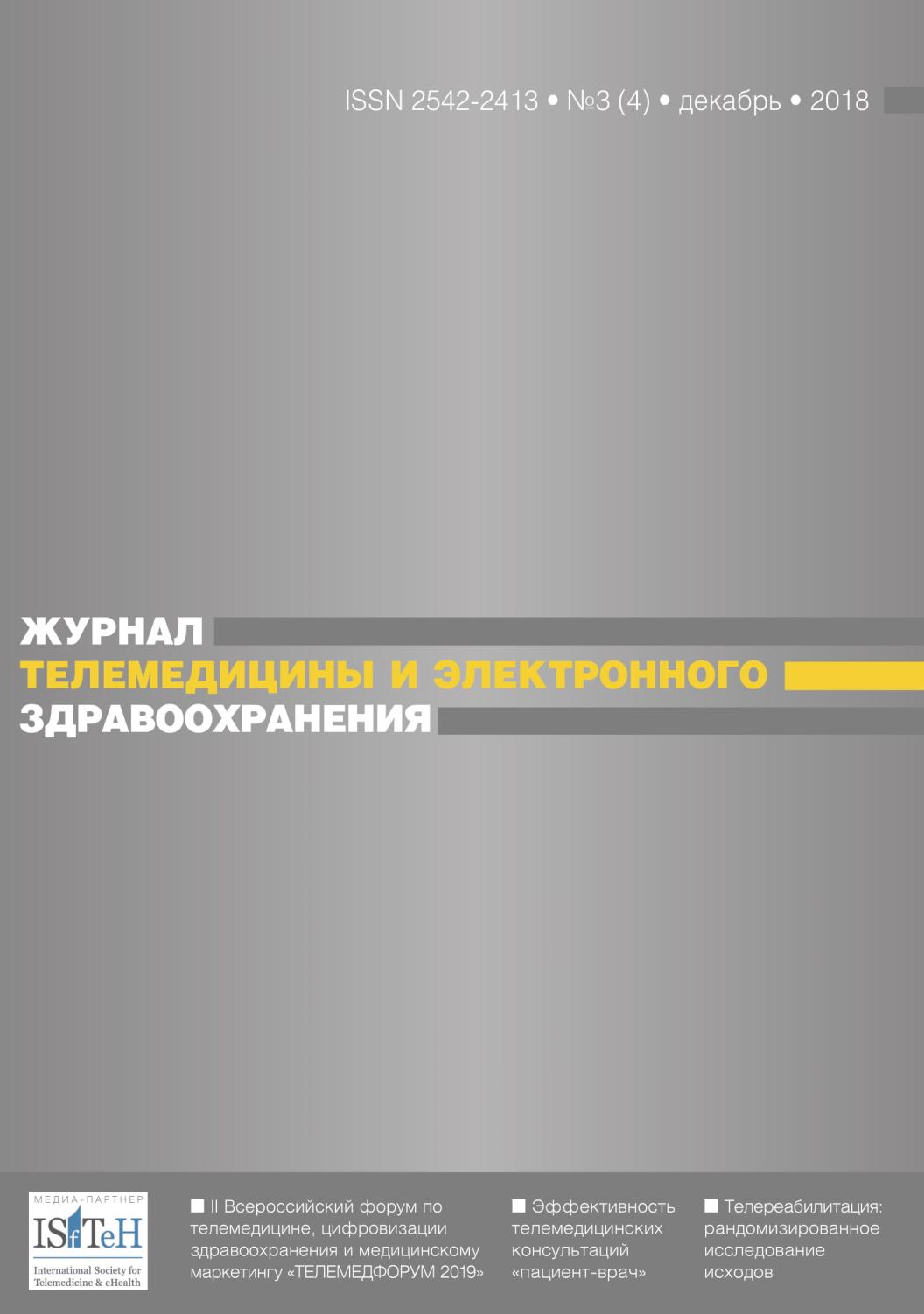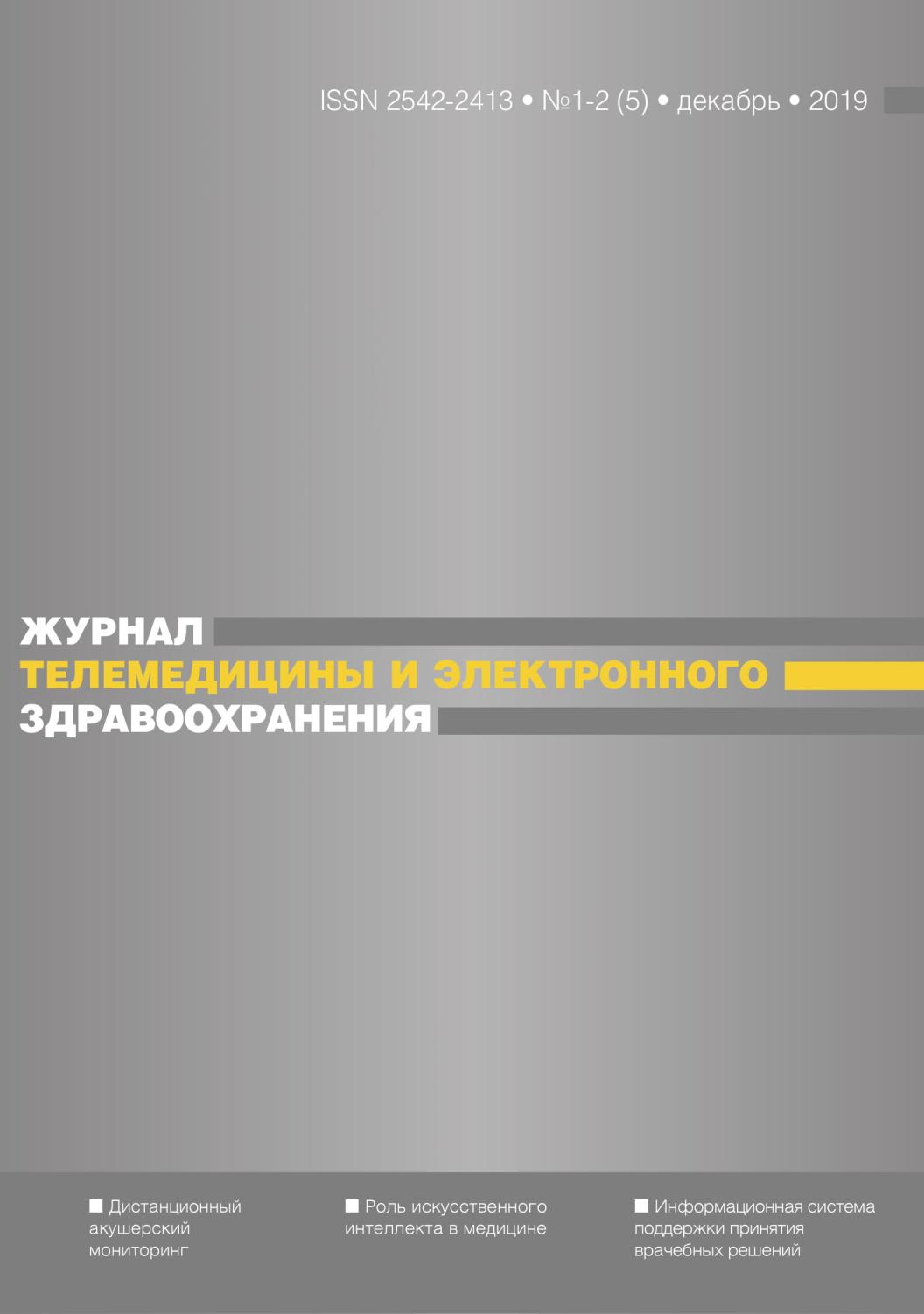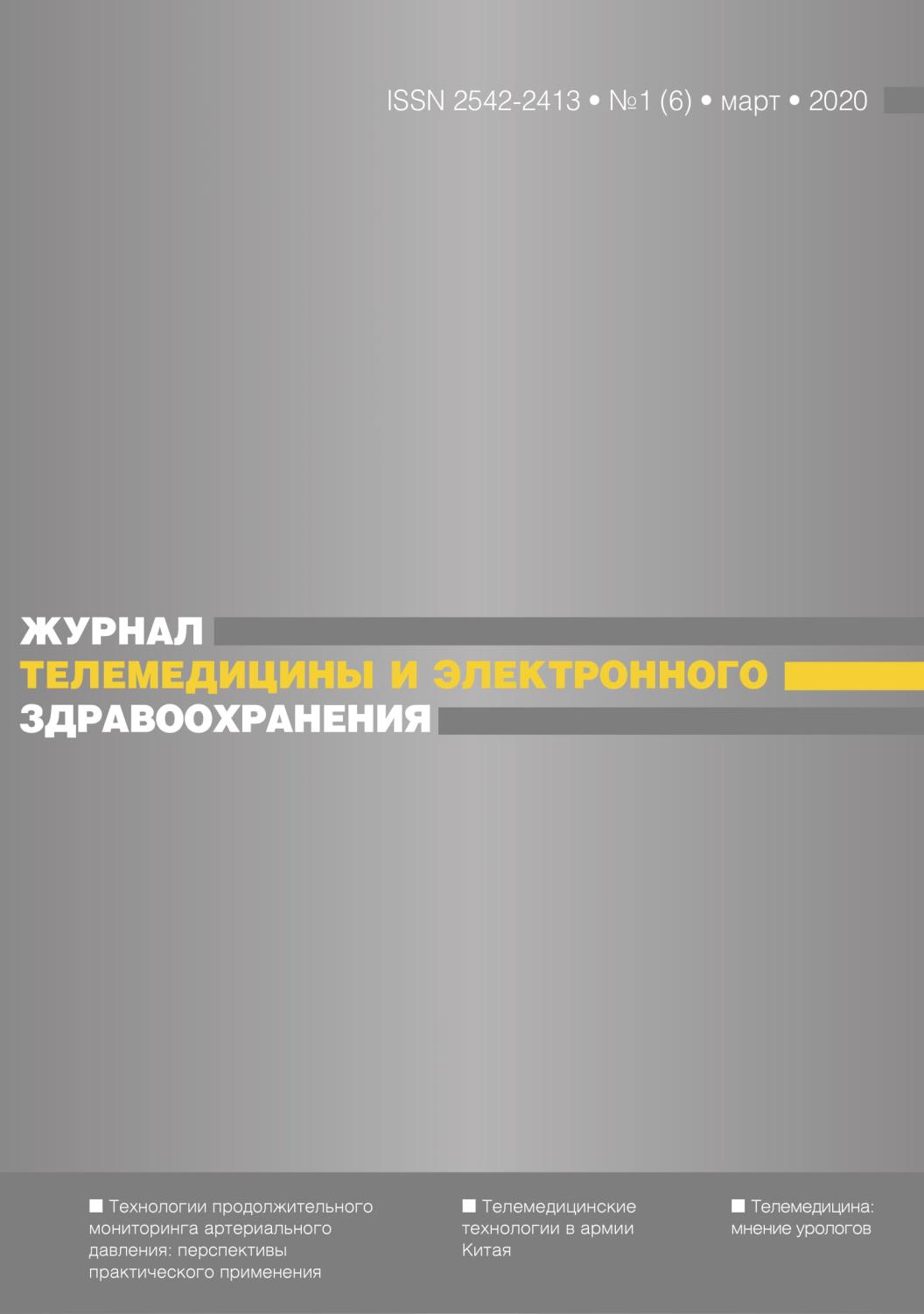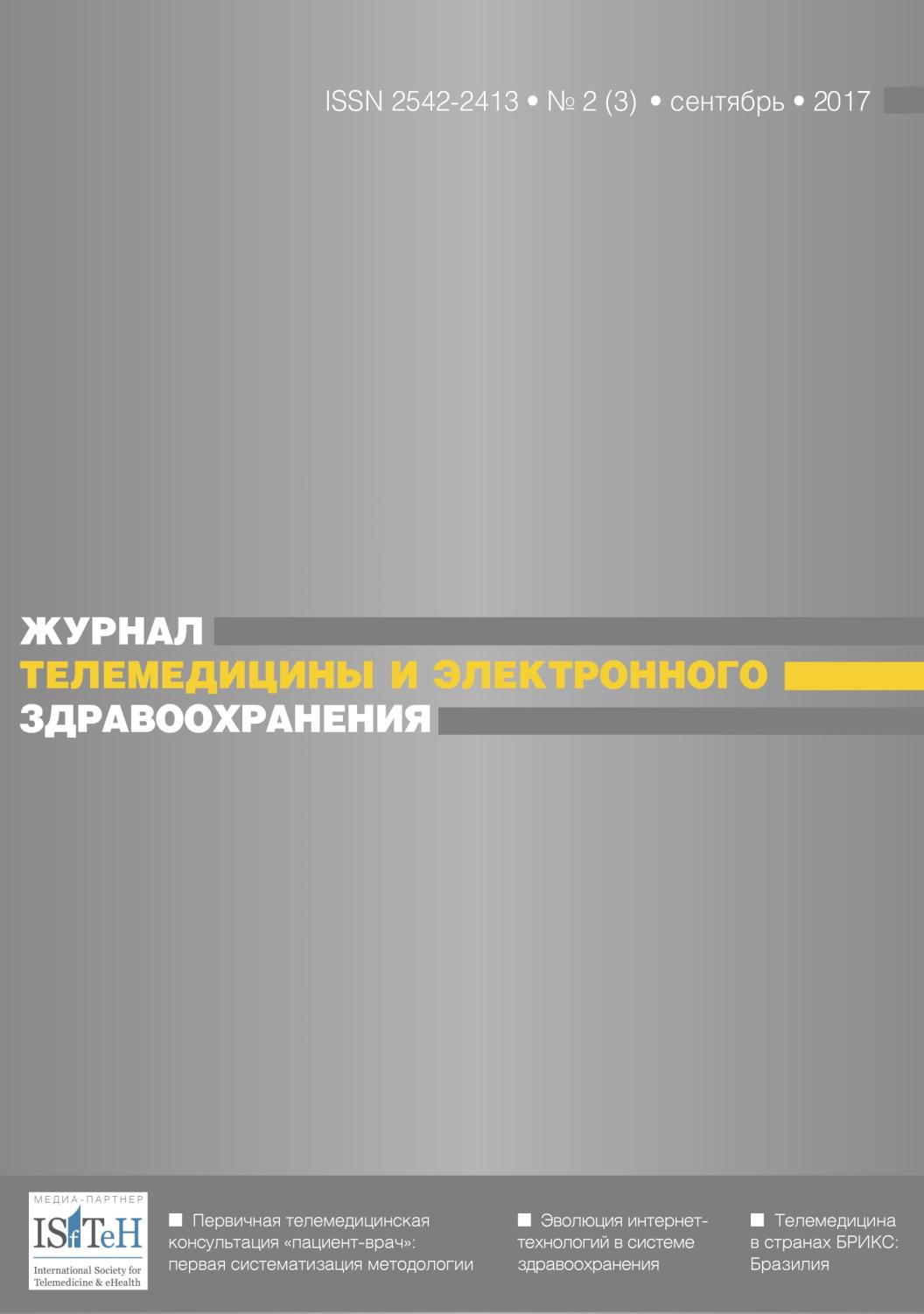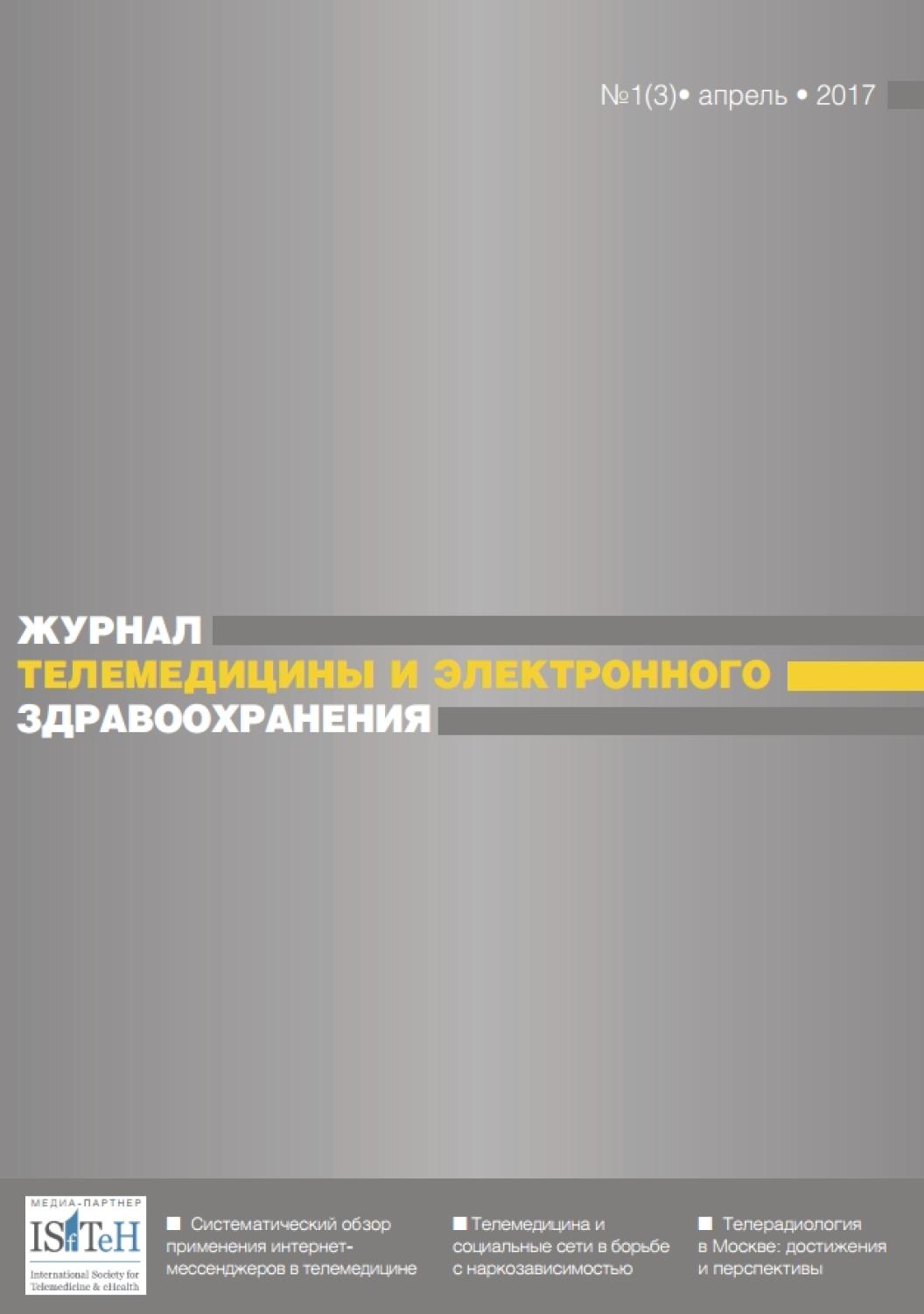Introduction. For the last year chronic insomnia is one of the most widespread sleeping disorders among the population in general. About 30-54% of population report about symptoms of insomnia and about 27% of them comply with diagnosis criteria of chronic insomnia.
The aim of this article is to introduce Russian specialists to specificity of application of acceptance and commitment therapy in the treatment of chronic insomnia.
Results. In this article for the first time, we show the limitations of distance forms of the ‘first’ and the ‘second’ wave cognitive behavioral therapy in the treatment of chronic insomnia. The aims, therapeutic targets, forms of holding acceptance and commitment therapy for chronic insomnia (ACT-I) are described in this paper. Transdiagnostic approach for support of patients with chronic insomnia is detailed on the example of integrative distance protocol of acceptance and commitment therapy with CBT-I by M. Chapoutot and L. Peter-Derex. This approach increases adherence to treatment, provides good remission and reduces the risks of uncontrolled using of hypnotic drugs, decreases insomnia symptoms and improves the quality of patient’s life. There is presented the innovated form of distance psychological examination of patients suffering from chronic insomnia and the accent is made on the features of somatic and cognitive hyperexcitation, mental flexibility and ability to suppress chronic disadaptive thoughts. We demonstrated specificity, efficiency and limitations of acceptance and commitment distance therapy existing in foreign practice and aimed for minimization of chronic insomnia in the structure of depression and chronic pain syndrome by P. Lappalainen et al.
Conclusions. Current distance protocols of acceptance and commitment therapy for treatment of chronic insomnia in the structure of depression and pain syndrome demonstrate efficiency in increasing in sleep quality and duration, and also in decreasing of dysfunctional beliefs and attitudes related to sleep. Furthermore, therapy decreases symptoms of depression and significantly influences on thoughts suppression.


